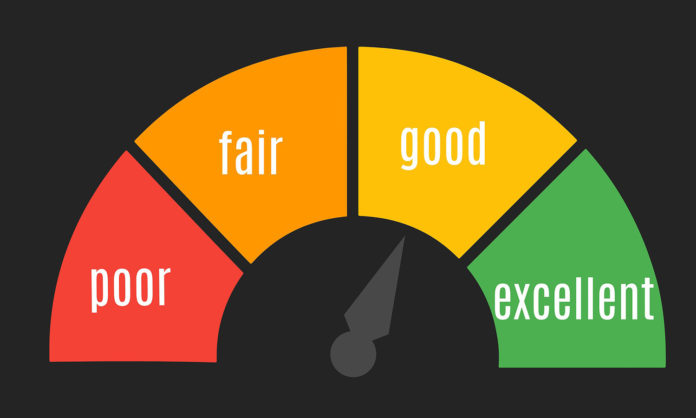
In a post on Writers in the Storm, Diana Stout offers advice for how to ask for critiques and how to receive them. “As hard as they are to receive, critiques are a necessary element to your growth as a writer,” Stout says. Finding a good critique group or partner is difficult. Writers come with different skill levels and interests, which might mean someone you’d like to work with won’t be a good fit.
Stout suggests some questions to ask yourself to determine your intent before you ask for critiques:
- Do I just want someone to like it?
- Do I want to become published?
- Am I ready to receive criticism?
- Do I internalize criticism as personal?
“If your sole goal is to have someone like your book and your feelings are easily hurt, then let a relative or best friend read it,” she says. “If your intent is to become published or to enter a contest, then you want an honest, direct critique where your writing flaws are highlighted.”
The ideal reader will know your genre and may be a published writer or professional editor or agent, or even a writing teacher. If you know someone who reads mostly romance, they probably aren’t the right reader for your psychological horror novel. You might also consider the compatibility of your writing styles. A writer of fast-paced pulp fiction detective stories may not be the right person to critique your literary novel.
Importantly, prepare yourself for criticism. “Criticism isn’t negative; it’s helpful,” Stout says. “And, if two or more are saying the same thing, pay attention!” However, feel free to ignore a harsh critique that seems more interested in scoring points against your ego than being helpful. “A constructive critique is one that offers direct language when pointing out flaws and areas that need work,” Stout writes. “A constructive critique will tell you why it doesn’t work and offer an alternative. A constructive critique addresses only the writing, never the writer.”











